
Recommendation
Part of the art of being a CEO is managing to be just interesting enough to hold people’s attention without offending any listeners or revealing too much. Of course, there is much more to it as well, like exercising authority, setting clear standards and maintaining your integrity. Jack Welch’s fairly conservative autobiography proves that the irascible Welch mastered all aspects of this difficult discipline, especially the first. Don’t expect to learn juicy details of Jack’s divorce or to get an insider’s political view of the horse race to select his successor. Nevertheless, this memoir might be the closest you ever to get to answering the question, "What made Jack Welch tick?" Despite some bland moments, getAbstract contends that anyone who wants to understand the American corporate landscape should read this book - so once again, Welch delivers.
Summary
About the Author
Jack Welch , a leading modern executive, just retired as the CEO of General Electric. After completing his doctorate at the University of Illinois, he worked for the company his entire career and began serving as CEO in 1981. John Bryne is a writer for BusinessWeek magazine.









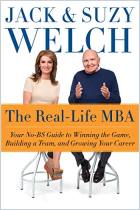
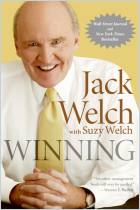
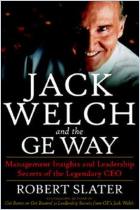

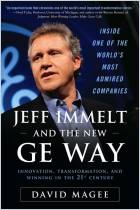
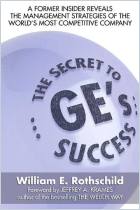
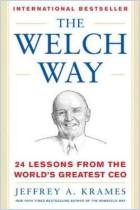
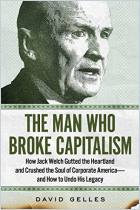




Comment on this summary or Iniciar a Discussão